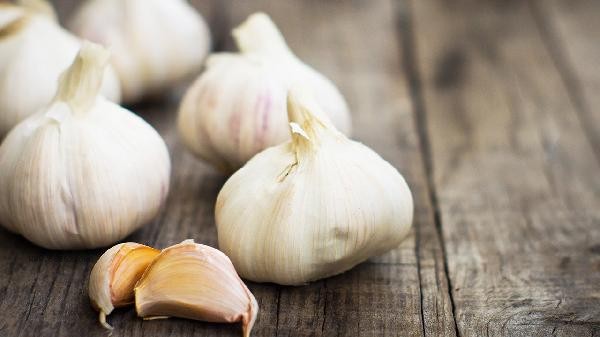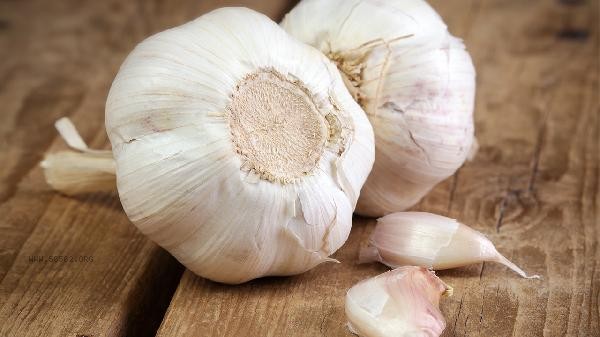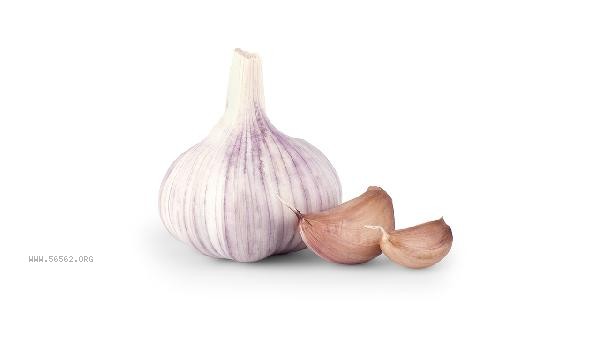Both white vinegar and aged vinegar can be used to soak garlic. White vinegar has a refreshing taste and is suitable for cold mixing, while aged vinegar has a rich flavor and is suitable for pickling. When choosing, the main considerations are flavor preferences, consumption scenarios, and nutritional retention needs.

1. characteristics of White Vinegar
White vinegar is fermented from rice or glutinous rice, with a high content of acetic acid and a transparent color. Used for soaking garlic, it can maintain the white appearance of garlic cloves, and acetic acid molecules are more likely to penetrate the garlic cell wall, shortening the pickling time. Its refreshing sour taste is suitable for making cold dishes and seasonings, without masking the original flavor of the ingredients, and with less loss of heat sensitive components such as vitamin C. Attention should be paid to avoiding the use of industrial synthetic vinegar, as it may contain additives that can affect fermentation.

II. Characteristics of Aged Vinegar
Aged vinegar undergoes long-term solid-state fermentation to produce a brownish red color and complex flavor, containing various organic acids and amino acids. Soaking garlic can give it a rich and mellow aftertaste, and the combination of acetic acid and allicin produces richer flavor compounds, making it suitable for long-term storage of sweet and sour garlic. The polyphenolic substances in aged vinegar help to delay the oxidation of garlic cloves, but high-temperature sterilization may damage some of the active ingredients.

It is recommended to choose the type of vinegar according to the consumption method: white vinegar is suitable for short-term consumption of crispy garlic cloves, and aged vinegar is suitable for long-term pickled garlic. Regardless of the type of vinegar, brewing vinegar should be used instead of formulated vinegar, and sealed and refrigerated storage should be used to avoid microbial contamination. Garlic contains sulfur-containing compounds that help with antioxidant properties, but individuals with gastrointestinal sensitivity need to control their intake as consuming them on an empty stomach may irritate the gastric mucosa. Eating coarse grains rich in vitamin B1 can enhance nutrient absorption.









Comments (0)
Leave a Comment
No comments yet
Be the first to share your thoughts!